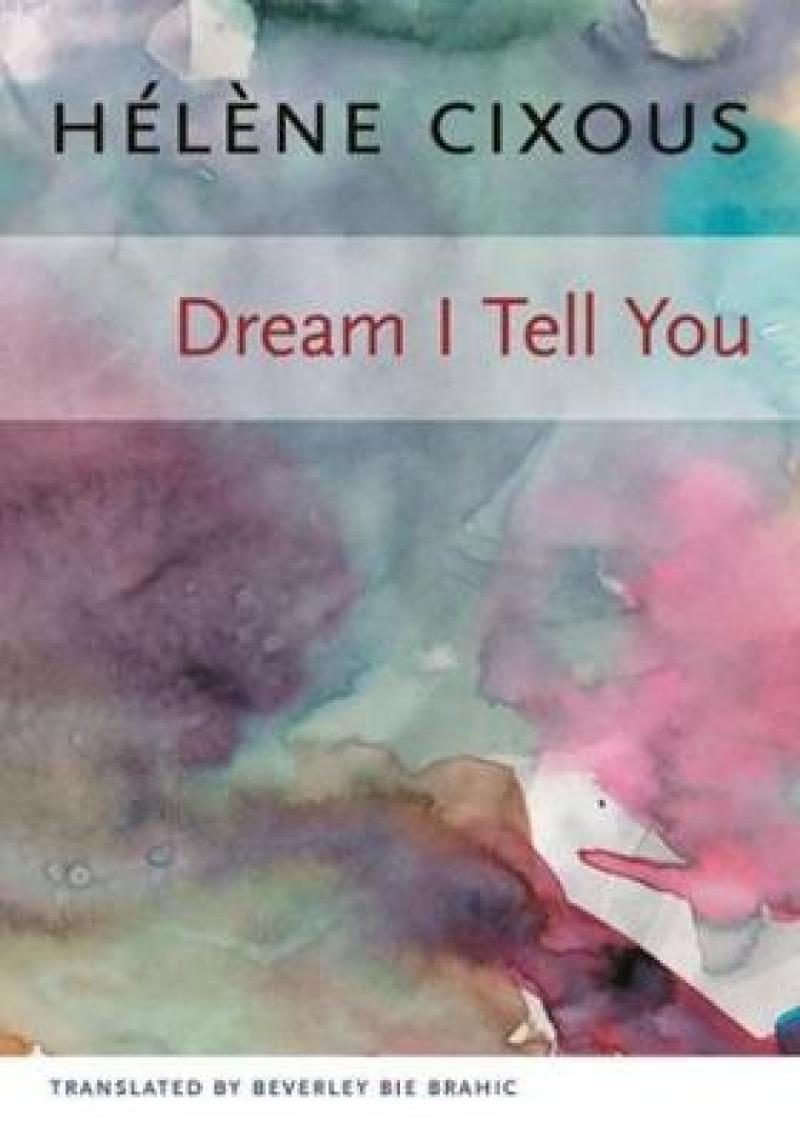Helene Cixous has, among all her different sorts of genius, that of practicing, without exception, every kind of literary writing, from the critical or theoretical essay to the novel, to the tale, to the theatre in all its forms. We shan't even mention poetry, for poetry is her language's element, most general of all genres, at all times the generating force behind her work, whatever genre it may be in... I know of no more impressive and admirable example in the world of this kind of complicity, Helene Cixous' indefatigable and unique translation of the infinite world, of all possible worlds of the nocturnal dream, into the incomparable vigilance of one the most calculating of diurnal writings. -- Jacques Derrida Geneses, Genealogies, Genres, and Genius Cixous writes in a direct, easy-to-read style that conveys her remarkable ability to hone in on significant details. Library Journal Brief, glimmering, allusive texts, which constitute a gloriously subjective intellectual autobiography. Publishers Weekly
